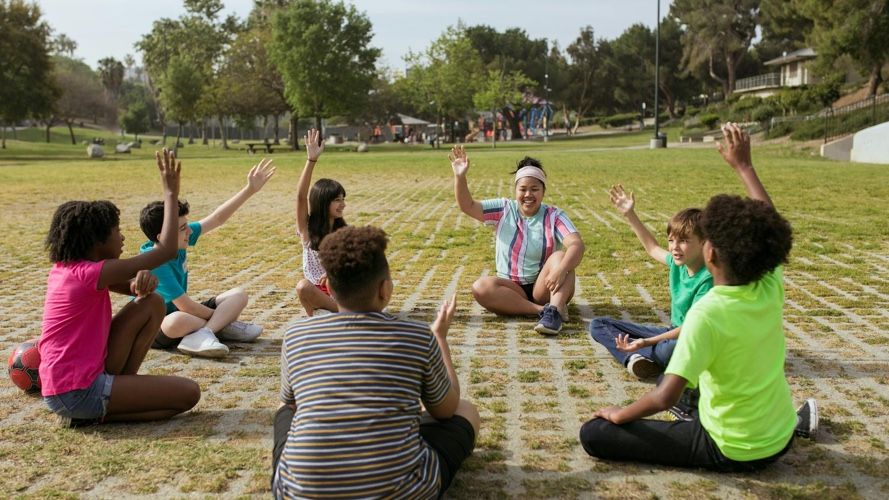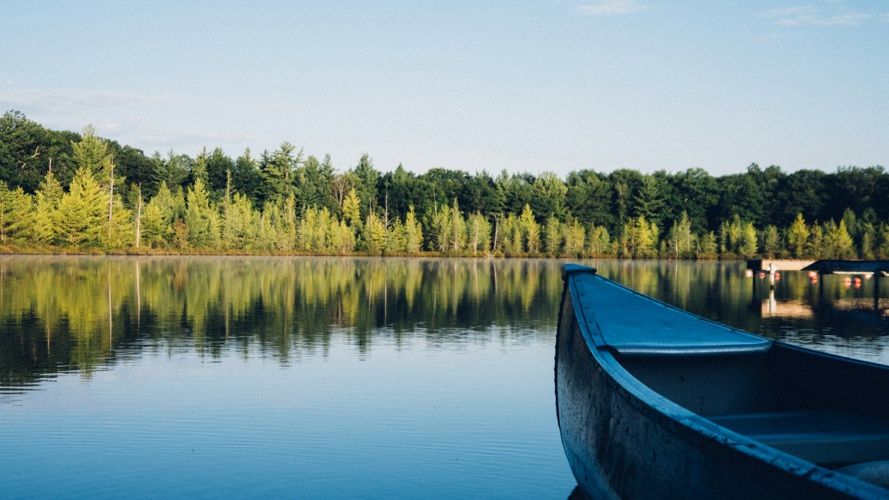Day camp essentials: What every parent needs to know

Introduction
Preparing your child for their first day camp experience is exciting - and a little nerve-wracking. As a parent, you want to be sure your child is ready, safe, and supported. This guide covers everything you need to know before sending your child to day camp, especially if it's your first time. From understanding what happens at camp to safety, homesickness, and daily routines, we’ll walk you through it in a simple way.
Key takeaways:
- Day camps offer a structured, safe, and fun way for kids to explore and grow
- First-time parents should look at camp culture, schedule, and communication style
- Homesickness is normal - but usually short-lived with the right support
- Some packing essentials and clear routines help kids feel prepared
- Accreditation like ACA can add confidence, but it’s not the only marker of quality
Table of Contents
What to expect at a day camp
Day camps typically run from morning until late afternoon, offering a full schedule of activities like sports, crafts, swimming, and nature exploration. They're designed to give kids the social, emotional, and physical benefits of camp while returning home each evening.
Your child can expect a structured day with small group time, larger camp-wide activities, lunch breaks, and theme days. Some camps have a specific focus like science or arts, while others are more general.
How to choose the right day camp
Choosing a day camp can feel like a big leap, especially if this is your first time navigating all the options. The good news? You don’t need to have it all figured out - just start with what matters most to your family and your child. Here’s what to keep in mind.
- Consider your child’s interests and personality.If they thrive in creative settings, look for camps with div arts, music, or theatre programs. Love sports or being outside? Many camps offer full-day outdoor adventure or athletics-focused options.
- Check the daily schedule.Some camps offer highly structured days, while others allow more free play. If your child prefers routine, you might prioritize a camp with consistent blocks for activities, lunch, and downtime.
- Location and transportation.Is the camp close to home or work? Do they offer extended care or pick-up options? These details matter more than you think when it comes to daily logistics.
- Group size and age mix.Ask about camper-to-counselor ratios and how children are grouped. Smaller groups often mean more personalized attention and easier transitions - especially for younger kids.
- Staff experience and training.While ACA accreditation is one way camps demonstrate a commitment to safety and quality, it’s not the only factor. Many excellent camps aren’t ACA-accredited but still prioritize counselor training, emergency preparedness, and camper well-being. Don’t hesitate to ask about staff hiring practices and first aid training.
- Tour the camp or attend an open house.Seeing the space in person (or virtually) can help you get a feel for the environment, meet staff, and ask any lingering questions.
- Talk to other parents.Local parenting groups or school communities are great places to ask for honest feedback about different programs. Word of mouth can be incredibly helpful in narrowing down your list.
Ultimately, there’s no one “right” day camp - it’s about finding the one that feels like the best fit for your child and your family’s summer rhythm. Trust your gut, ask questions, and don’t stress about being perfect. Your child will grow from the experience no matter what.
Understanding camp safety and staffing
Look into camper-to-counselor ratios, first aid training, and how staff are screened. Camps should be transparent about background checks, emergency plans, and how they handle allergies or medical needs.
Even if a camp isn’t ACA-accredited, it should meet strong safety expectations.
Preparing for homesickness and transitions
It’s totally normal for younger kids - or even parents - to feel nervous about day camp. Most kids adjust quickly, especially when camps offer warm welcomes, buddy systems, and flexible transitions.
Talk to your child about what to expect, including who they can go to if they feel unsure or overwhelmed. Reassure them it’s okay to miss home and still have fun.
What to pack for day camp
A labeled backpack with the essentials is all you need. Include a refillable water bottle, sunscreen, hat, change of clothes, and lunch or snacks if not provided. Some camps ask for specific gear like swimwear or sneakers for sports days.
Check the camp’s website or welcome materials for a full list. Packing together helps your child feel involved and prepared.
How camps communicate with parents
The best camps make it easy to stay connected. Look for those that offer daily updates, photos, or even a parent app. Some send emails or texts if anything important happens during the day.
You should always know who to contact for questions and how to handle pick-up, medical alerts, or behavioral notes. Clear two-way communication gives you peace of mind.
FAQ
- What age is best to start day camp?
- Most kids can begin around age 5 or 6, but it depends on the child’s maturity and comfort being away from home for a full day.
- What should I pack in a day camp bag?
- Essentials include a water bottle, hat, sunscreen, lunch, change of clothes, and any camp-specific items like swim gear.
- Is it normal for kids to feel nervous before camp?
- Absolutely. Many kids feel unsure at first but settle in quickly once they meet counselors and start activities.
- How do I know if my child is ready for day camp?
- Look for signs of independence like following instructions, being comfortable with new people, and managing basic self-care. Many camps also offer half-day or trial programs to ease the transition.
- What happens if my child gets homesick during the day?
- Homesickness is common and usually short-lived. Most camps have trained counselors to comfort children and gently redirect them into activities. You can help by staying positive and consistent at drop-off.
Conclusion
Day camps offer a warm and welcoming environment where your child can grow, explore, and make new friends. With a little preparation and the right questions, you can choose a camp that fits your family’s needs and helps your child thrive.



